Home>Others>Specialized Home Improvement Topics>Why Do Car Windows Fog Up
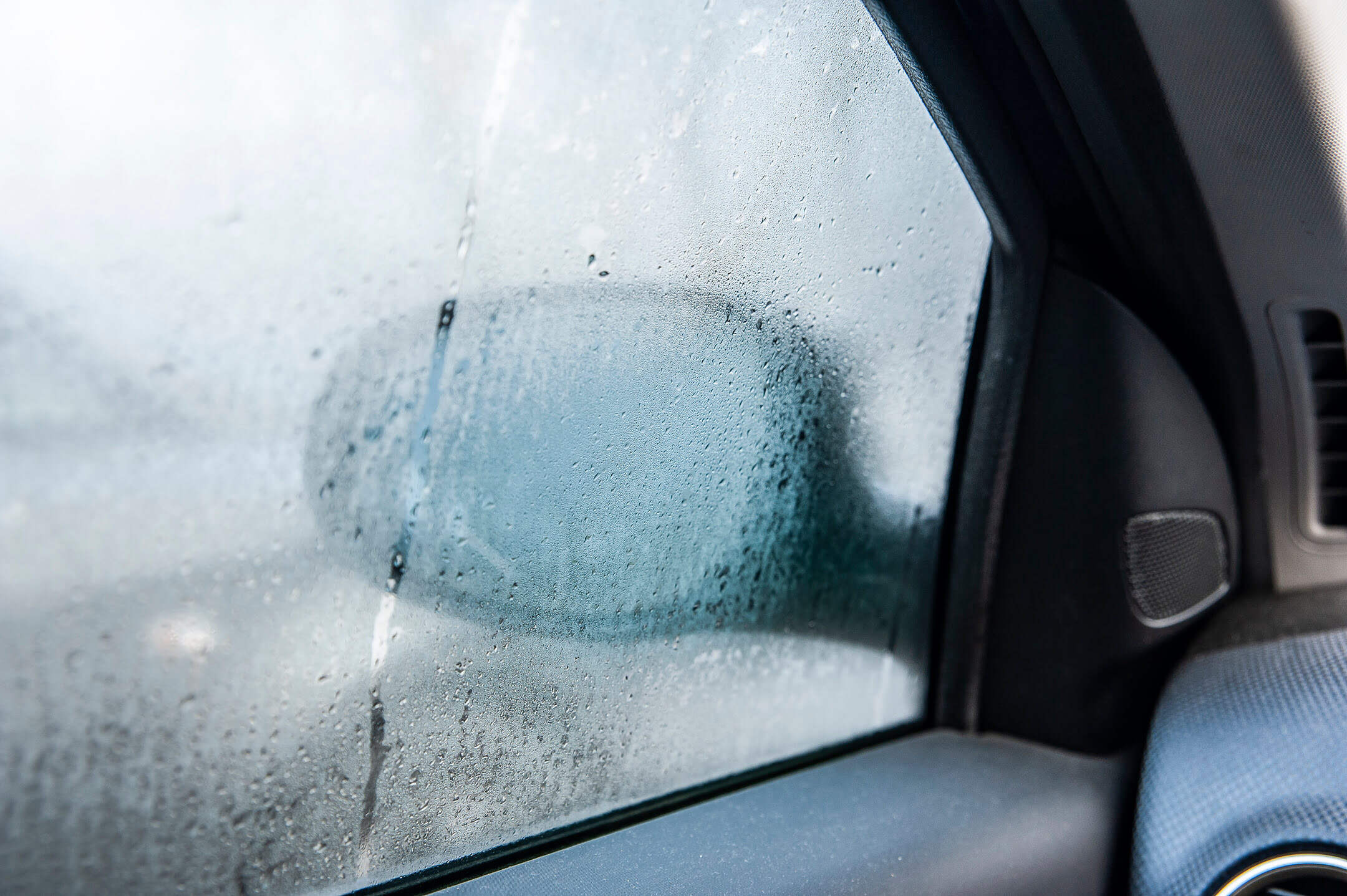

Specialized Home Improvement Topics
Why Do Car Windows Fog Up
Modified: January 14, 2024
Learn why car windows fog up and how to prevent it in this specialized home improvement topic. Keep your windows clear and your drive safe!
(Many of the links in this article redirect to a specific reviewed product. Your purchase of these products through affiliate links helps to generate commission for Storables.com, at no extra cost. Learn more)
Introduction
Driving can be a thrilling experience, but when your car windows fog up, it can quickly turn into a frustrating and potentially hazardous situation. Whether it's due to inclement weather, temperature differentials, or high humidity levels, foggy windows can impede your visibility and compromise your safety on the road. Understanding the causes of this common occurrence and learning effective defogging techniques can help you navigate through such situations with confidence.
In this article, we will delve into the reasons behind car window fogging, explore preventive measures to keep your windows clear, and provide practical tips for quickly defogging them when needed. By the end of this read, you'll be equipped with the knowledge to tackle foggy windows, ensuring a clear and safe driving experience. So, let's embark on this journey to uncover the mysteries of foggy car windows and discover the solutions to combat this inconvenience.
Key Takeaways:
- Don’t let foggy car windows ruin your drive! Understand the causes and use preventive measures like defogging products and proper ventilation to keep your windows clear and ensure safe driving.
- When fog strikes, fight back with defrost settings, AC, and good old-fashioned wiping. With these defogging tips, you can swiftly clear your windows and stay safe on the road.
Read more: Why Do My Car Windows Fog Up In Winter
What Causes Car Windows to Fog Up?
Understanding the science behind foggy car windows is essential to effectively combat this issue. When warm, moisture-laden air comes into contact with a cooler surface, such as the glass of your car windows, it undergoes a temperature drop. This decrease in temperature causes the air to release its moisture in the form of tiny water droplets, leading to condensation on the glass surface. Several factors contribute to this phenomenon:
- Weather Conditions: Cold weather outside and warm air inside the car create a stark temperature contrast, promoting condensation on the windows.
- Humidity Levels: High humidity levels in the air increase the likelihood of condensation, especially in enclosed spaces like vehicles.
- Interior Moisture Sources: Wet clothing, snow, rain-soaked footwear, and even the moisture from your breath add to the humidity inside the car, exacerbating window fogging.
- Defective Seals or Insulation: Damaged window seals or poor insulation can allow moisture to seep into the car, contributing to interior condensation.
It’s important to note that foggy windows not only obstruct your view but also indicate excessive humidity levels inside the vehicle, which can lead to mold and mildew growth if left unaddressed. By identifying the root causes of window fogging, you can take proactive measures to prevent this inconvenience and maintain a clear and safe driving environment.
How to Prevent Car Windows from Fogging Up
Implementing preventive strategies is key to keeping your car windows clear and ensuring optimal visibility during your drives. By addressing the underlying factors that contribute to window fogging, you can minimize the occurrence of condensation inside your vehicle. Here are some effective measures to prevent car windows from fogging up:
- Use Defogging Products: Apply a commercial anti-fogging product or a homemade solution of vinegar and water to the interior of your car windows. These products create a thin, transparent film that prevents condensation from forming.
- Proper Ventilation: Regularly ventilate your car by cracking open the windows or using the fresh air intake setting on your HVAC system. This helps maintain air circulation and reduces humidity levels inside the vehicle.
- Turn on the Air Conditioning: Running the air conditioning system, even during cooler weather, can help dehumidify the air inside the car, preventing moisture buildup on the windows.
- Keep the Interior Dry: Wipe off any excess moisture from the interior surfaces, such as seats and carpets, and avoid leaving wet items inside the vehicle to minimize humidity levels.
- Check and Repair Seals: Regularly inspect the window seals and weather stripping for any signs of wear or damage, and promptly address any issues to prevent moisture intrusion.
- Use Desiccants: Place moisture-absorbing materials, such as silica gel packets or commercial desiccants, inside the car to help reduce humidity levels and prevent window fogging.
By incorporating these preventive measures into your car maintenance routine, you can significantly reduce the likelihood of experiencing foggy windows, ensuring a clear and unobstructed view while driving.
To prevent car windows from fogging up, try using the defrost setting on your car’s heater, crack open a window to let in fresh air, or use a commercial anti-fog product.
Tips for Quickly Defogging Car Windows
When your car windows fog up, especially during crucial moments such as when you’re about to embark on a journey or when unexpected weather changes occur, having effective defogging techniques at your disposal is invaluable. Here are some practical tips to swiftly clear foggy windows and regain optimal visibility:
- Use the Defrost Setting: Activate the vehicle’s defrost setting, which directs warm air onto the windshield and other windows, accelerating the evaporation of moisture and clearing the fog.
- Adjust the Temperature: Increase the temperature inside the car to expedite the warming of the glass surfaces, aiding in the dissipation of condensation.
- Turn on the AC: Running the air conditioning system alongside the defrost setting can help dehumidify the air, further aiding in defogging the windows.
- Utilize a Microfiber Cloth: Gently wipe the interior of the windows with a clean microfiber cloth to absorb excess moisture and promote quicker defogging.
- Keep Windows Clean: Regularly clean the interior of the windows with a glass cleaner to prevent the buildup of residue that can exacerbate fogging.
- Use a Portable Defogger: Consider using a portable electric defogger or a handheld squeegee with an integrated microfiber cloth to quickly clear foggy windows on the go.
- Maximize Air Circulation: Increase air circulation inside the car by turning on the fans and opening the windows slightly to facilitate the dissipation of moisture.
By incorporating these defogging tips into your driving routine, you can effectively combat foggy windows and ensure clear visibility, enhancing your overall driving experience and safety on the road.
Conclusion
Dealing with foggy car windows can be a common inconvenience, but armed with the knowledge of its causes and effective prevention and defogging techniques, you can navigate through such situations with ease. By understanding the impact of weather conditions, humidity levels, and interior moisture sources on window fogging, you can take proactive measures to maintain clear visibility and a safe driving environment.
Implementing preventive strategies, such as using defogging products, ensuring proper ventilation, and keeping the interior dry, can significantly reduce the likelihood of encountering foggy windows during your drives. Additionally, having quick defogging techniques at your disposal, such as utilizing the defrost setting, adjusting the temperature, and maximizing air circulation, allows you to swiftly address window fogging when it occurs, ensuring uninterrupted visibility on the road.
Ultimately, by incorporating these preventive and defogging measures into your car maintenance routine, you can minimize the inconvenience of foggy windows and enhance your driving experience. Clear visibility is paramount for safe and confident driving, and with the right strategies in place, you can effectively combat window fogging and enjoy unobstructed views during your journeys.
So, the next time foggy windows threaten to hinder your driving experience, remember the preventive and defogging techniques outlined in this article, and embark on your travels with clarity and confidence.
Frequently Asked Questions about Why Do Car Windows Fog Up
Was this page helpful?
At Storables.com, we guarantee accurate and reliable information. Our content, validated by Expert Board Contributors, is crafted following stringent Editorial Policies. We're committed to providing you with well-researched, expert-backed insights for all your informational needs.
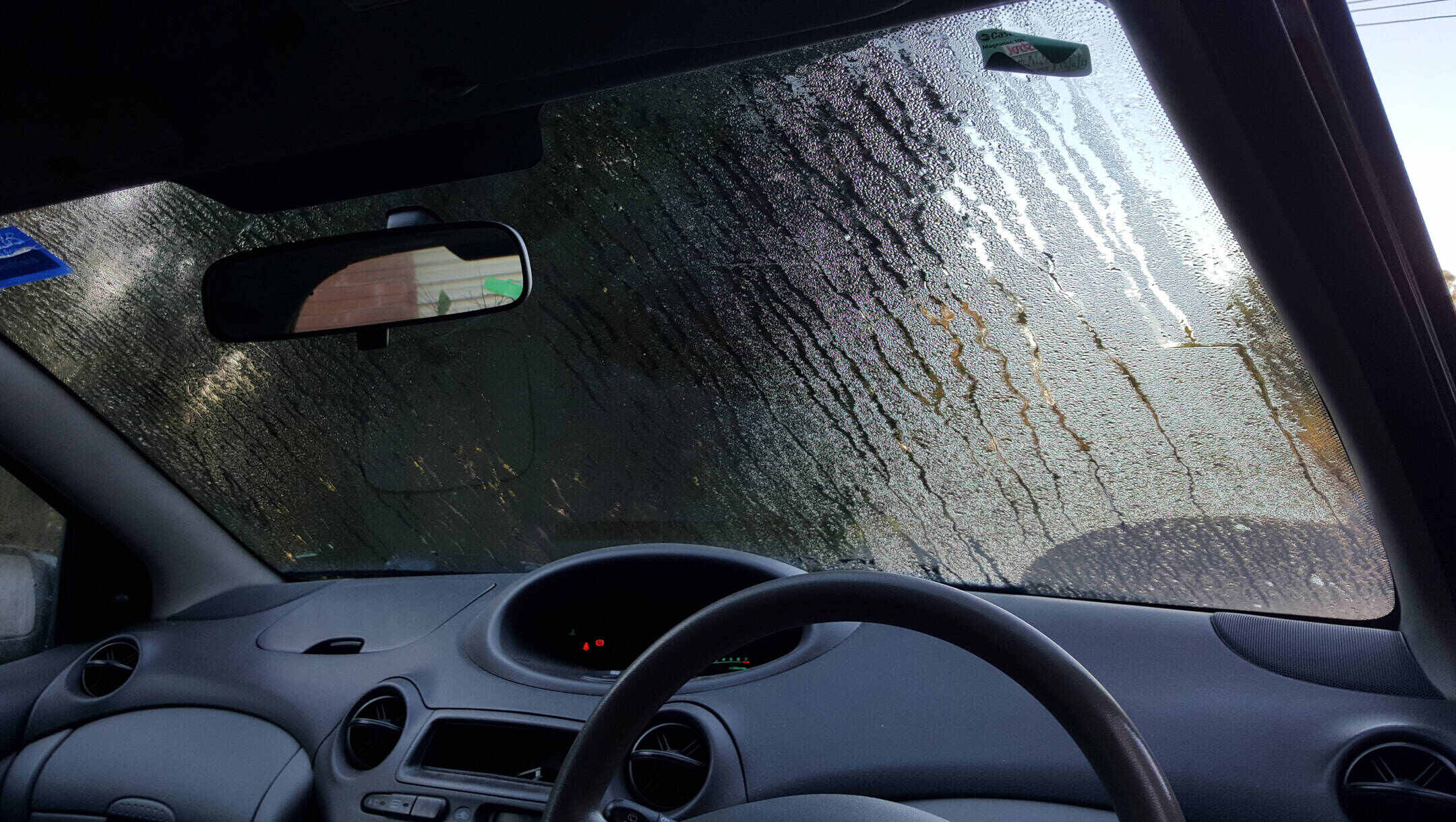


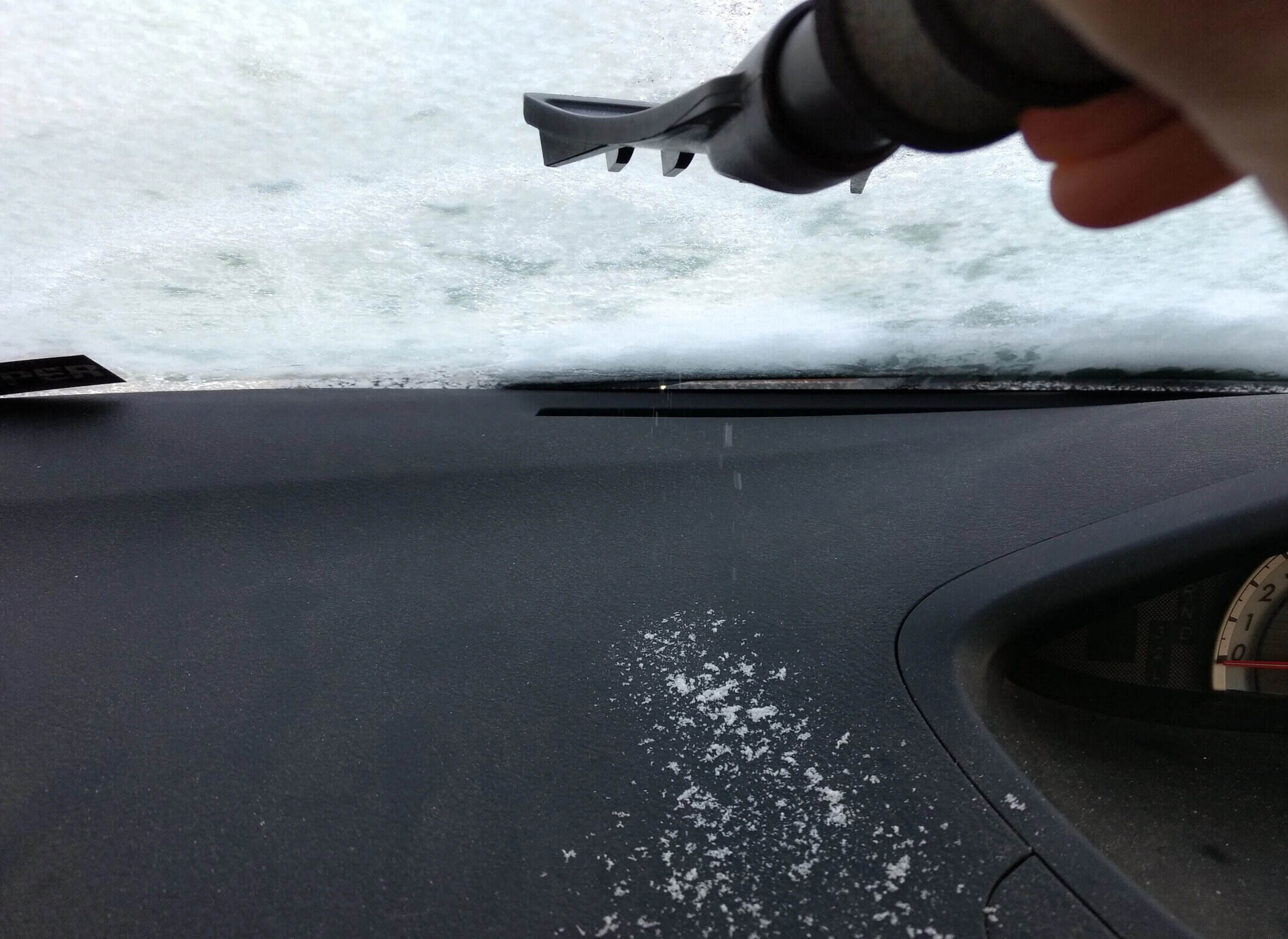
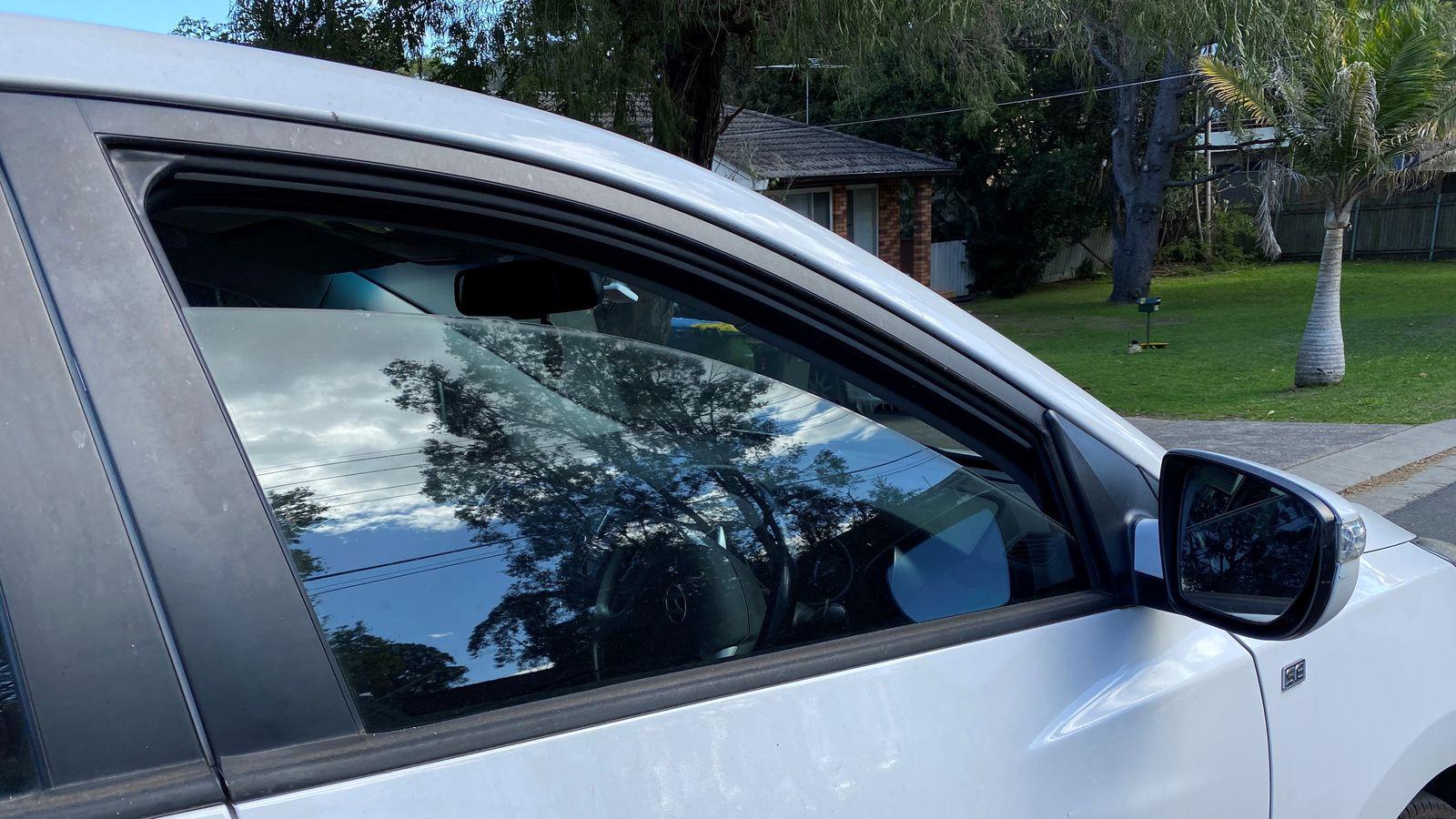

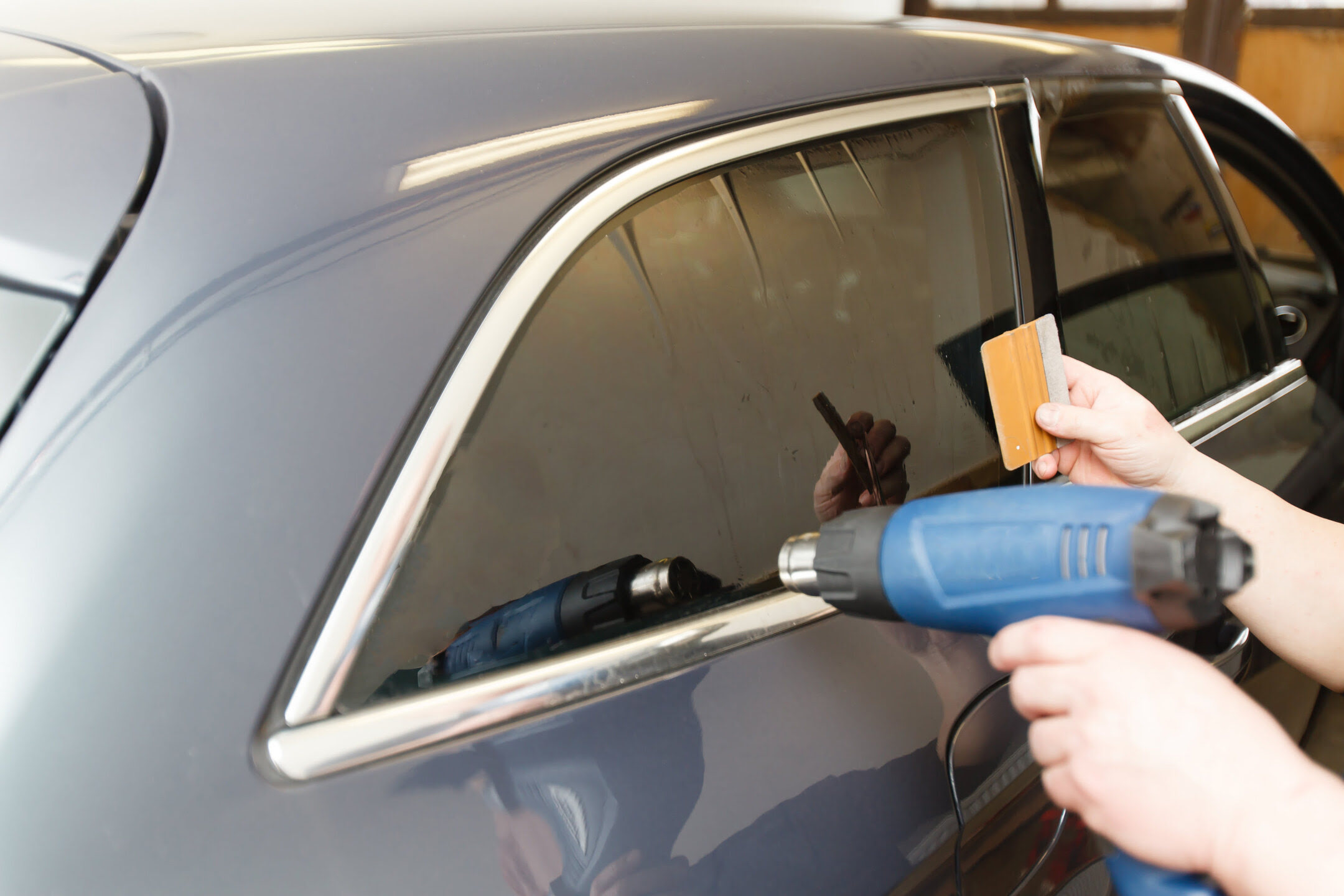
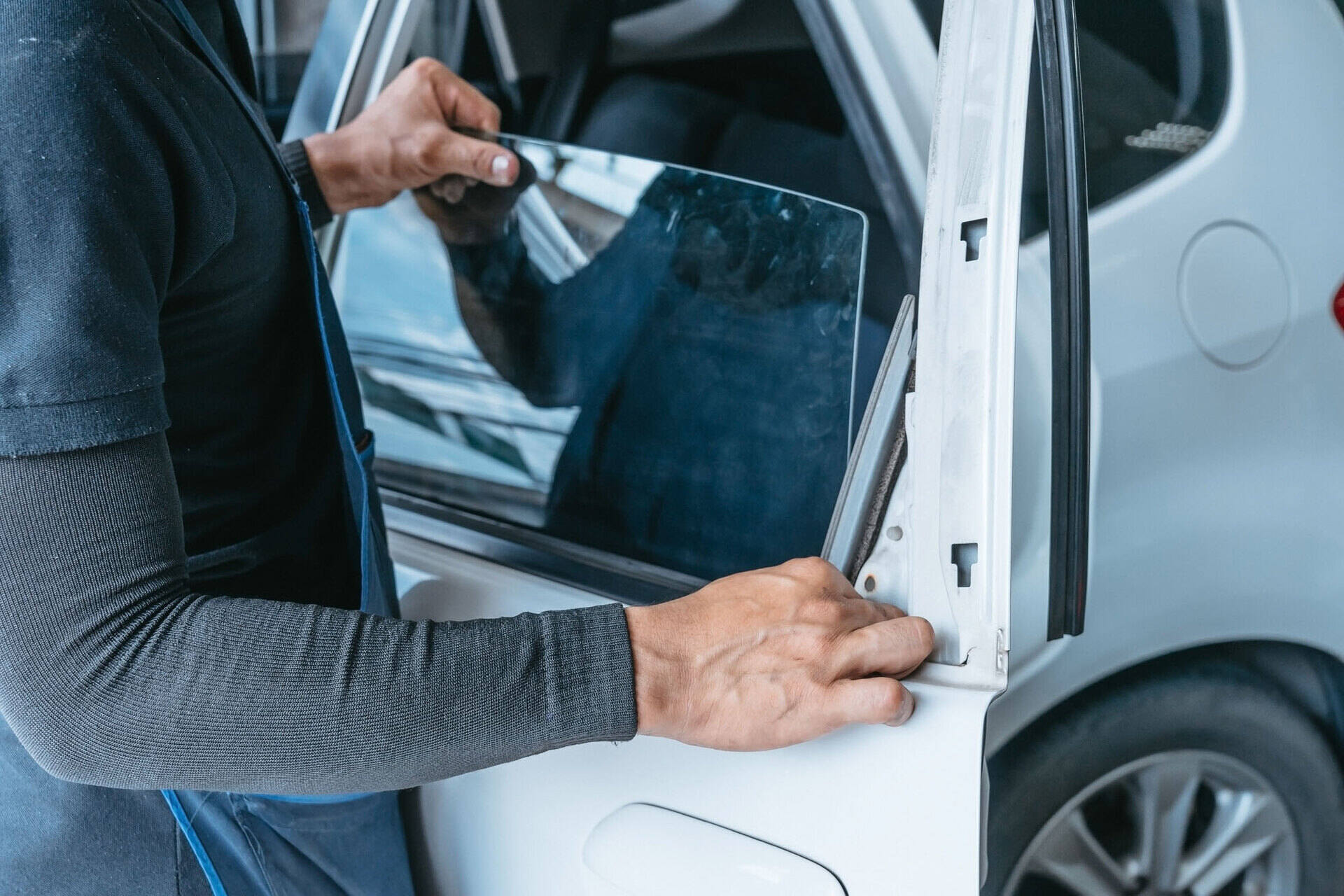
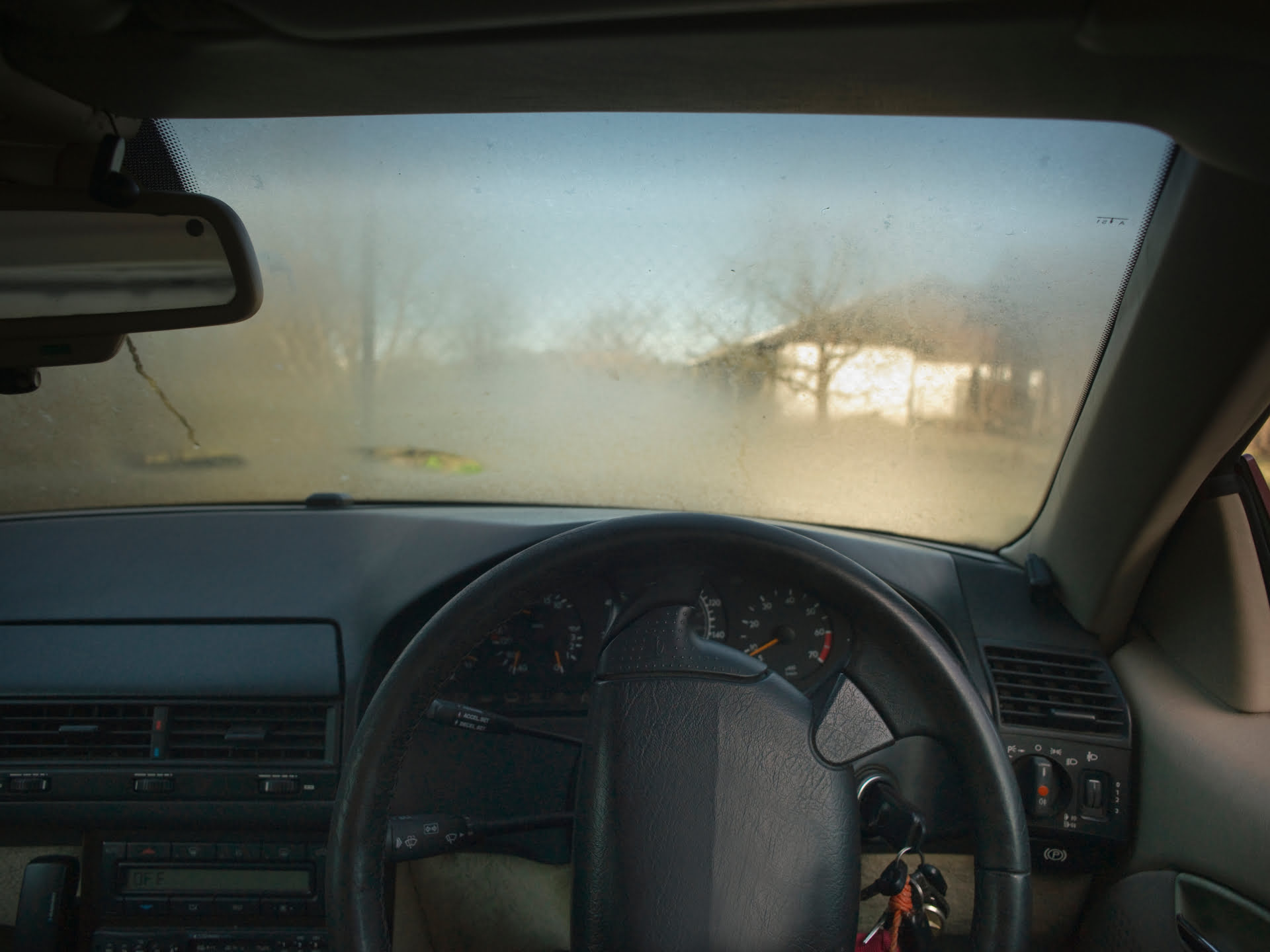
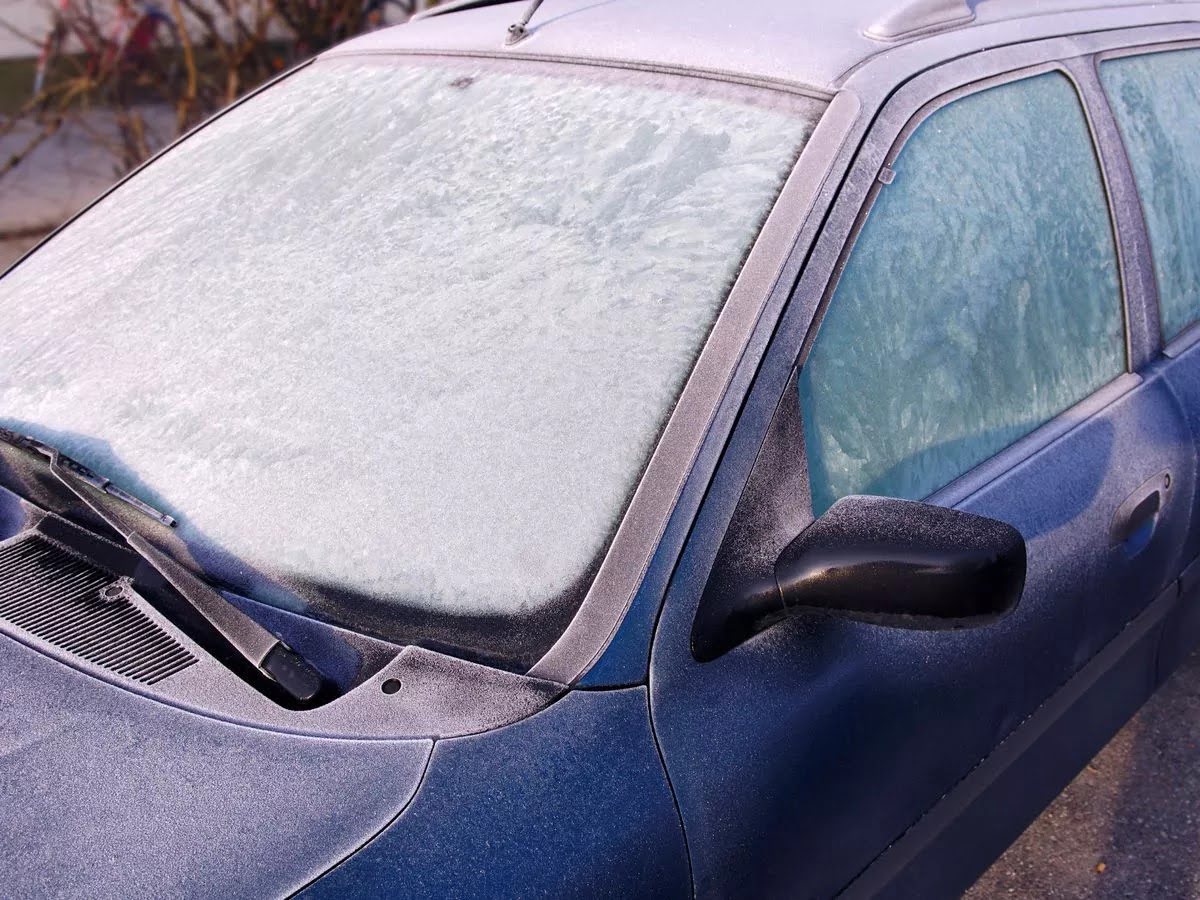

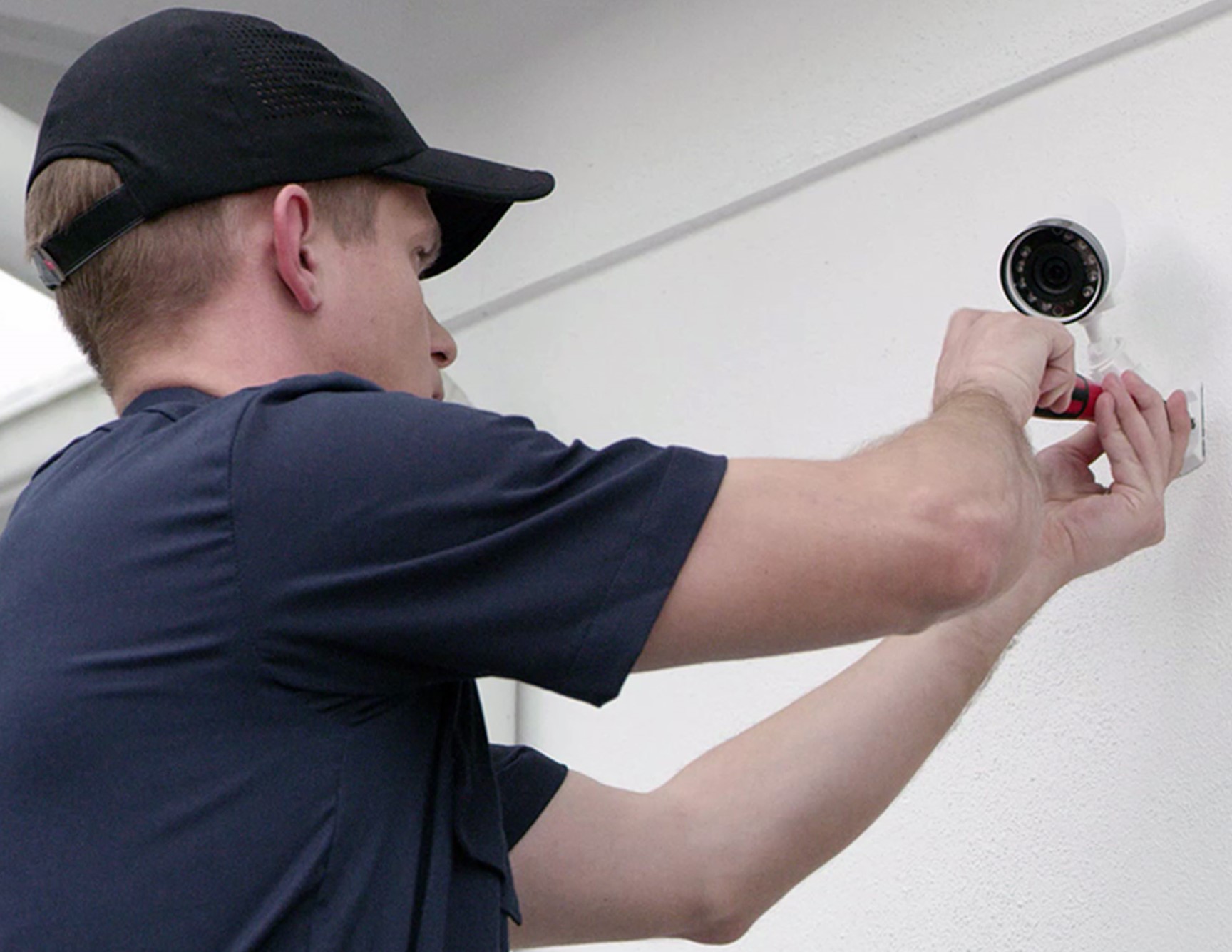
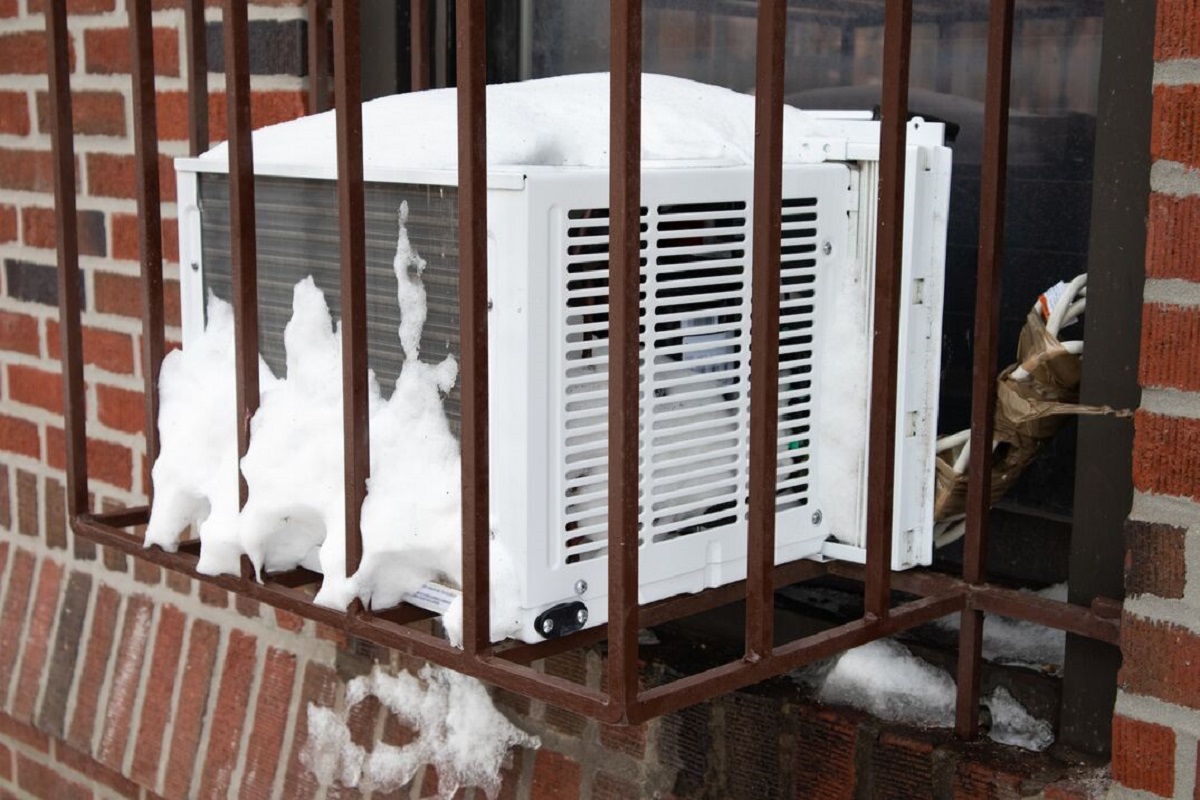

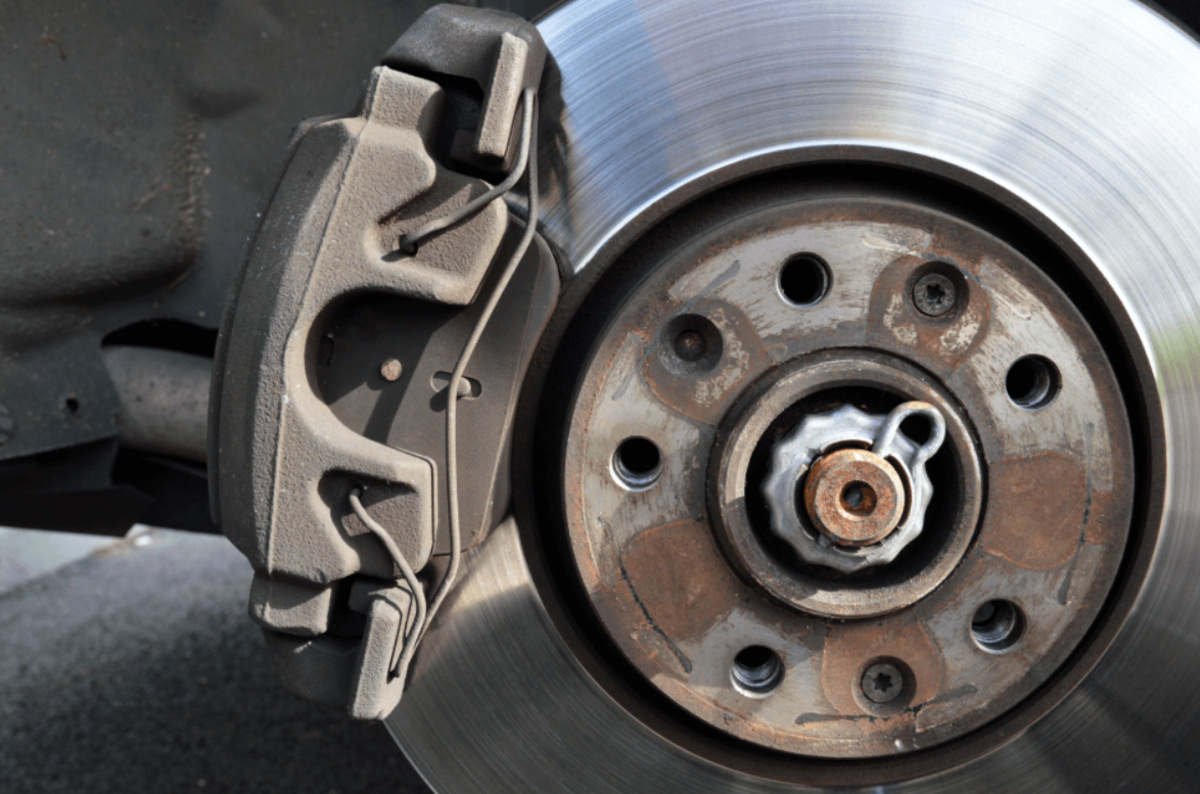

0 thoughts on “Why Do Car Windows Fog Up”